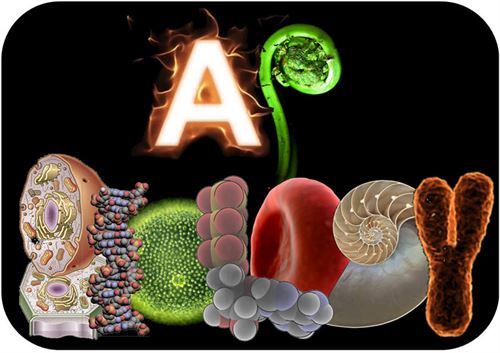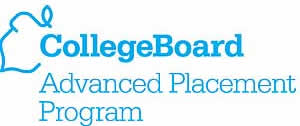Receive Class Announcements
Your browser does not support viewing this document. Click here to download the document.
|
Course Description
The AP Biology course is designed to enable you to develop advanced inquiry and reasoning skills, such as designing a plan for collecting data, analyzing data, applying mathematical routines, and connecting concepts in and across domains. The result will be readiness for the study of advanced topics in subsequent college courses — a goal of every AP course. This AP Biology course is equivalent to a two-semester college introductory biology course and has been endorsed enthusiastically by higher education officials. The Emphasis on Science Practices: A practice is a way to coordinate knowledge and skills in order to accomplish a goal or task. The science practices enable you to establish lines of evidence and use them to develop and refine testable explanations and predictions of natural phenomena. Because content, inquiry, and reasoning are equally important in AP Biology, each learning objective combines content with inquiry and reasoning skills described in the science practices. The science practices capture important aspects of the work that scientists engage in, at the level of competence expected of you, an AP Biology student. Organized around Big Ideas: The key concepts and related content that define the revised AP Biology course and exam are organized around a few underlying principles called the big ideas, which encompass the core scientific principles, theories and processes governing living organisms and biological systems. · Big Idea 1: Evolution The process of evolution drives the diversity and unity of life. · Big Idea 2: Cellular Processes: Energy and Communication Biological systems utilize free energy and molecular building blocks to grow, to reproduce, and to maintain dynamic homeostasis. · Big Idea 3: Genetics and Information Transfer Living systems store, retrieve, transmit, and respond to information essential to life processes. · Big Idea 4: Interactions Biological systems interact, and these systems and their interactions possess complex properties. |
Click image below for full course description
Your browser does not support viewing this document. Click here to download the document.
Course Syllabus
|
AP Biology Formula Sheet |
Flinn Safety Contract |

